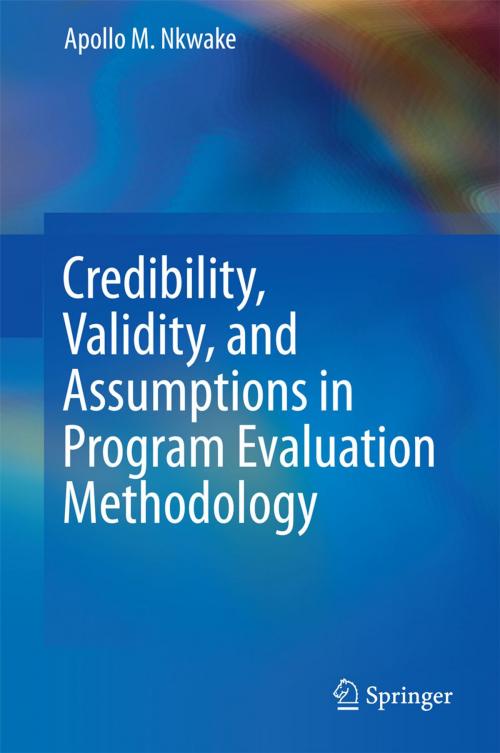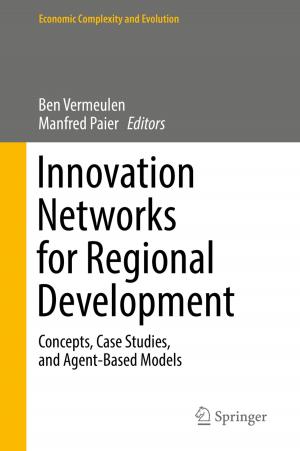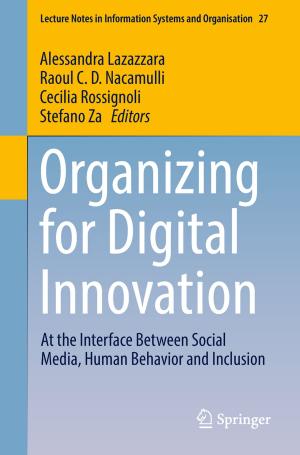Credibility, Validity, and Assumptions in Program Evaluation Methodology
Business & Finance, Management & Leadership, Industrial Management, Nonfiction, Social & Cultural Studies, Social Science, Social Work| Author: | Apollo M. Nkwake | ISBN: | 9783319190211 |
| Publisher: | Springer International Publishing | Publication: | August 10, 2015 |
| Imprint: | Springer | Language: | English |
| Author: | Apollo M. Nkwake |
| ISBN: | 9783319190211 |
| Publisher: | Springer International Publishing |
| Publication: | August 10, 2015 |
| Imprint: | Springer |
| Language: | English |
This book focuses on assumptions underlying methods choice in program evaluation. Credible program evaluation extends beyond the accuracy of research designs to include arguments justifying the appropriateness of methods. An important part of this justification is explaining the assumptions made about the validity of methods. This book provides a framework for understanding methodological assumptions, identifying the decisions made at each stage of the evaluation process, the major forms of validity affected by those decisions, and the preconditions for and assumptions about those validities.
Though the selection of appropriate research methodology is not a new topic within social development research, previous publications suggest only advantages and disadvantages of using various methods and when to use them. This book goes beyond other publications to analyze the assumptions underlying actual methodological choices in evaluation studies and how these eventually influence evaluation quality. The analysis offered is supported by a collation of assumptions collected from a case study of 34 evaluations. Due to its in-depth analysis, strong theoretical basis, and practice examples, Credibility, Validity and Assumptions is a must-have resource for researchers, students, university professors and practitioners in program evaluation. Importantly, it provides tools for the application of appropriate research methods in program evaluation
This book focuses on assumptions underlying methods choice in program evaluation. Credible program evaluation extends beyond the accuracy of research designs to include arguments justifying the appropriateness of methods. An important part of this justification is explaining the assumptions made about the validity of methods. This book provides a framework for understanding methodological assumptions, identifying the decisions made at each stage of the evaluation process, the major forms of validity affected by those decisions, and the preconditions for and assumptions about those validities.
Though the selection of appropriate research methodology is not a new topic within social development research, previous publications suggest only advantages and disadvantages of using various methods and when to use them. This book goes beyond other publications to analyze the assumptions underlying actual methodological choices in evaluation studies and how these eventually influence evaluation quality. The analysis offered is supported by a collation of assumptions collected from a case study of 34 evaluations. Due to its in-depth analysis, strong theoretical basis, and practice examples, Credibility, Validity and Assumptions is a must-have resource for researchers, students, university professors and practitioners in program evaluation. Importantly, it provides tools for the application of appropriate research methods in program evaluation















